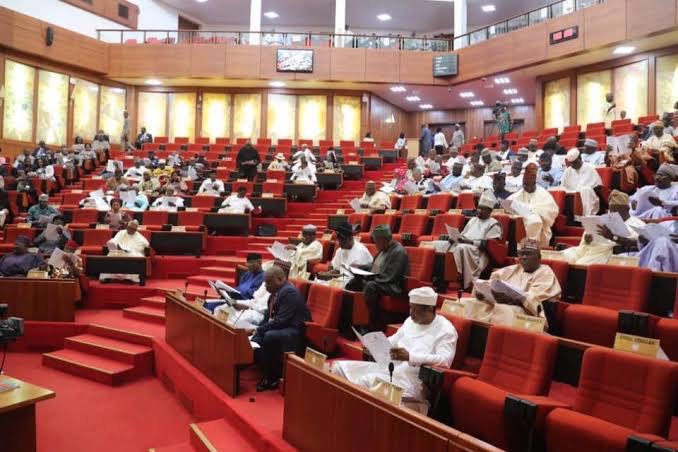The passage of the Student Loans (Access to Higher Education) Act (Repeal and Re-Enactment) Bill, 2024 by the National Assembly marks a significant development in Nigeria’s approach to financing higher education. This legislative action comes after both the Senate and the House of Representatives considered the report from the Committee on Tertiary Institutions and TETFund. The bill seeks to overhaul the existing student loan framework, responding to President Bola Tinubu’s call for a more accessible and equitable system for financing students’ tertiary education.
Key changes introduced by the bill include the elimination of the family income threshold and the guarantor requirement for loan applicants. This move aims to broaden access to loans, ensuring that students are not disqualified based on their family’s financial situation or loan history. Additionally, the bill introduces measures to ensure fairness in the distribution of loans, requiring the board to maintain a minimum national spread in loan approvals and disbursements each financial year.

The bill specifies that loan repayment will begin once the beneficiary secures employment in any capacity. However, it introduces a grace period, stipulating that loan recovery efforts will not commence until two years after the beneficiary completes the National Youth Service Corps program. It also provides an option for beneficiaries to request an extension on enforcement actions by proving through a sworn affidavit that they are unemployed and without income. The legislation criminalizes providing false statements to the Fund, with offenders facing up to three years imprisonment. Moreover, it includes provisions for loan forgiveness in cases of death or circumstances beyond the borrower’s control that prevent repayment.
This legislative development reflects a significant shift towards making higher education more accessible in Nigeria, removing financial barriers that often deter students from pursuing tertiary education. By simplifying the application process and removing stringent requirements, the bill aims to ensure that more students have the opportunity to complete their studies without the burden of financial constraints.



